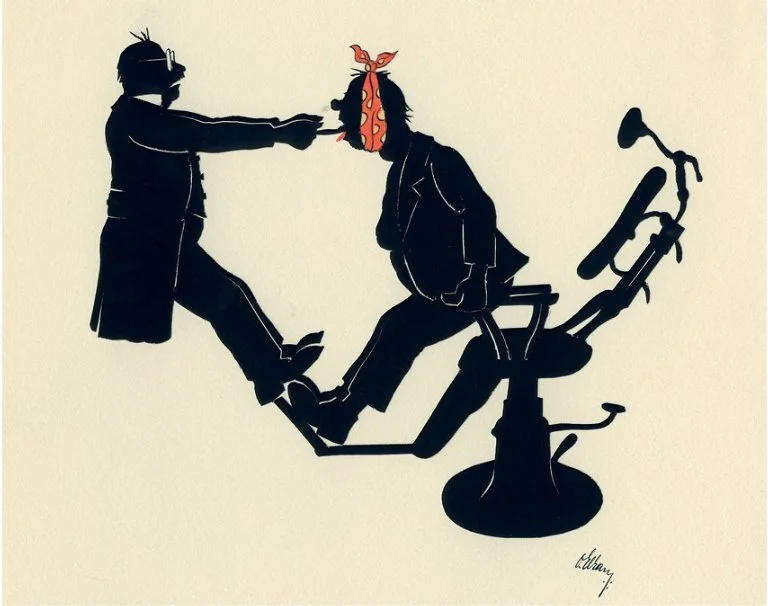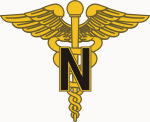The traditional path to medicine begins in a competitive pre-med program, taking the MCATs the end of junior year, submitting many applications to medical schools (playing the odds as admissions are around 2-3%) and possibly getting a few interviews.
Post Baccalaureate Medical Options
Should you, after graduating from college, hear the call of medicine, regardless of whether your transcript contains a generous dose of premed classes or not, all is not lost. You still might address your medical aspirations by joining a Post Baccalaureate Premedical Program (PB).
The list of programs, there are several hundred, can be found on the Association of American Medical Colleges (AAMC) site, and span the universe of making a career change, enhancing your academic record (improving your GPA), or being part of a group underrepresented in medicine, or economically or educationally disadvantaged.
The Combined BS/DDS or DMD Program
Should you be graduating from high school next year, and you aspire to become a dentist, then you might be a good candidate for the combined Baccalaureate DDS (doctor of dental surgery) or DMD (doctor of dental medicine) program. In the eyes of the American Dental Association (ADA), a DDS is the same as a DMD.
There are over 60 dental schools accredited by the ADA, all of which can be found at http://www.ada.org/267.aspx.
The Complete Guide to BS/MD Programs by Todd Johnson: a review
An ever growing number of high school students who want to become doctors are taking a long, hard look at applying to medical school directly out of high school. They have good reason. The traditional medical school process is highly competitive and it takes at least 8 years, between undergraduate and medical school, to finish. Gaining admission to a BS/MD program might allow them to avoid taking the MCAT altogether, while finishing medical school in as few as six years.
Todd Johnson’s The Complete Guide to BS/MD programs, clearly explains the admissions process in seven chapters and an appendix which comprehensively lists all the BS/MD programs.
The Nursing (BSN) Major Considered
Nursing is the third most popular college major, which isn’t a surprise when you consider the profession contains over 2.9 million registered nurses (RNs), who outnumber physicians four to one, and who, on average, earn just under $62,000 annually. That’s a lot of people making a reasonable income in a job that can be personally quite rewarding, though not without its challenges and difficulties.
Treading the Pre-Law Path
Just as there is no official ‘pre-med’ major, there is no ‘pre-law’ major. Some schools, such as Northwestern University (NU), however, have Legal Studies as an ‘adjunct major’. Yet, this means it cannot be a sole major; it must be taken in conjunction with another departmental major, which can be anything from history of art to physics.
Undergraduate Business Programs
Economic realities, particularly high unemployment rates and skyrocketing college costs, are encouraging many students to consider studying business administration as undergraduates. Back in 1968, about 13% of Bachelor degrees awarded were in business. This made business the third most popular major at the time. By 2008, more than one out of every five Bachelor degrees awarded were in business, making it, by far, the most popular undergraduate major.
Growing Popularity of Becoming a Pharmacist
If you have a strong penchant for biology or chemistry, and are even contemplating majoring in one of them in college, yet aren’t stirred by the Siren song of medical, dental, or veterinary school, you might want to try pharmacy school. What does a pharmacist do? The best way is to actually job shadow one as she performs her daily duties of organizing and coordinating medications with doctors and patients. Or you could just take your next prescription into a CVS, or Rite Aid and look across the counter: you’ll see what about 2/3rds of those that become licensed pharmacists do.
Treading the Pre-Med Path
As a pre-med student you’ll take a series of classes in organic and inorganic chemistry, biochemistry, biology, calculus, physics, and possibly genetics—the list, though pretty uniform, might vary slightly by school. That’s it. You aren’t obligated to major in biology or chemistry, in fact, Stanford’s Premedical Association states on its website: “It is ‘convenient’ to major in Biology (sic) because many of the premed requirements are also requirements for the Biology (sic) major, so it requires less time to complete both. However, medical schools also like to accept premed students, who have broad interests and have chosen a non-traditional major, so do not be deterred if you are passionate about Art History (sic). In conclusion, you can major in any subject you want!” (http://www.stanford.edu/group/spa/choosemajor.html, 15 January 2011).










